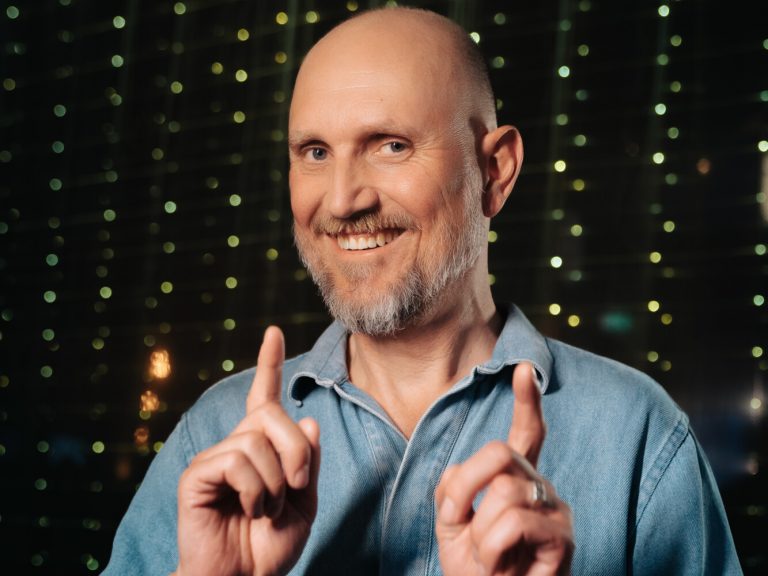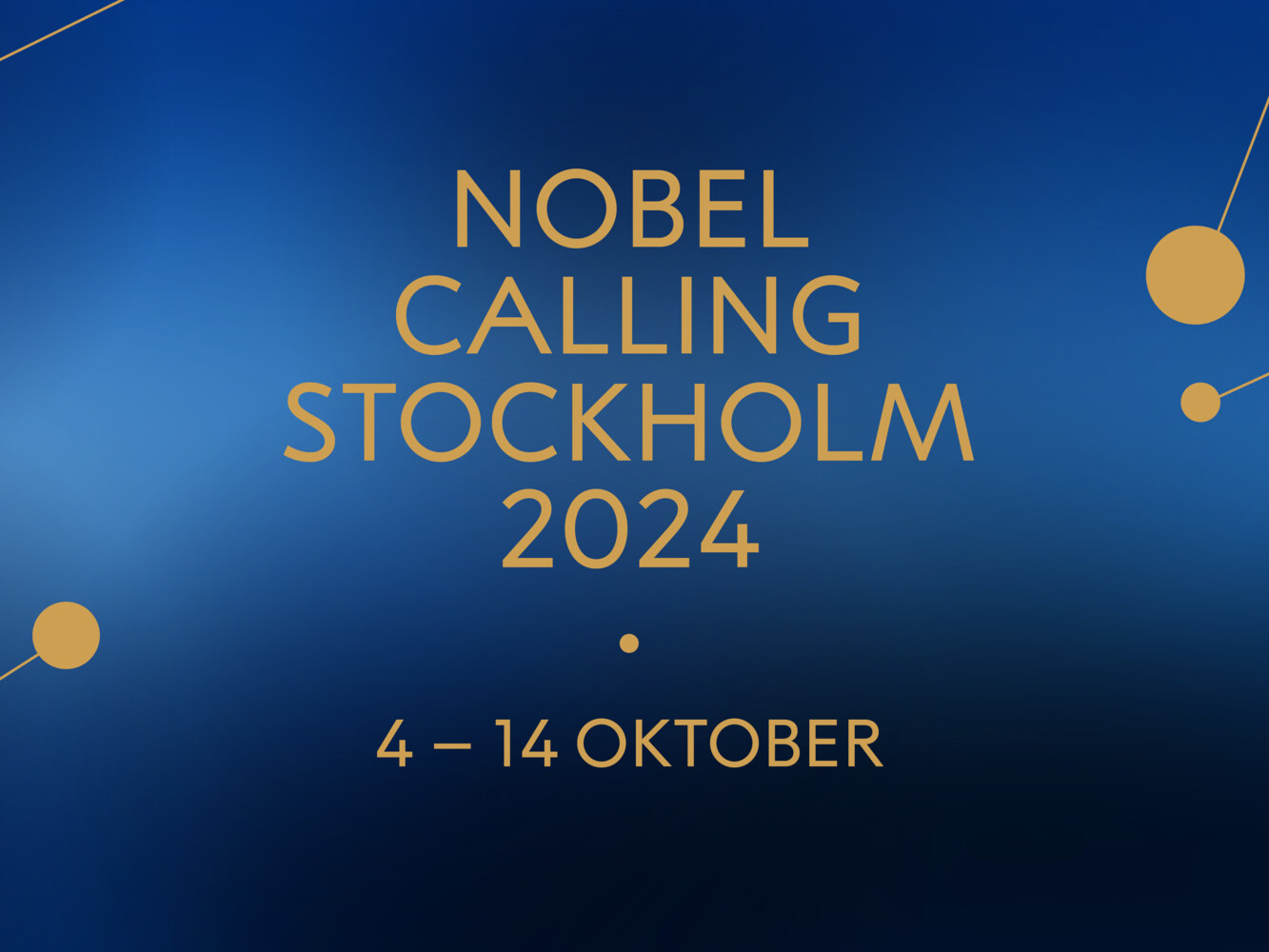Fifteen years ago, the 2009 Nobel Prize in Physiology or Medicine focused on one of medicine’s greatest mysteries – why we age. Ageing is linked to the length of telomeres, structures that sit at the ends of chromosomes.
When they are completely absent from a cell, it can no longer divide and enters in a kind of “zombie” stage. Today, some researchers are looking for ways to kill these zombie cells as a key to greater longevity.
Come to the newly opened stage known as The Cell, located in Hagastaden and run by the National Museum of Science and Technology, with Karolinska Institutet as knowledge partner. Mingle with scientists, experience exciting exhibitions and listen to discussions about how biological age affects longevity. The moderator during the evening programme will be media personality Fritte Fritzson.
Some of the programme points:
“This determines your biological age” featuring Sara Hägg, Associate Professor and researcher on biological ageing.
“What can we learn from animals about ageing?” featuring Peter Stenvinkel, Professor of Nephrology and researcher on planetary health.
“Who will live to be 100?” featuring Karin Modig, Associate Professor and researcher in ageing and health.
“Psychological age – how sleep and other factors affect how young you feel,” featuring John Axelsson, Professor and researcher in sleep, cognition and health.
The event is organised in collaboration between Tekniska museet/The Cell and Karolinska Institutet to celebrate the 30th anniversary of Karolinska Institutet’s popular science magazine Medicinsk Vetenskap.

